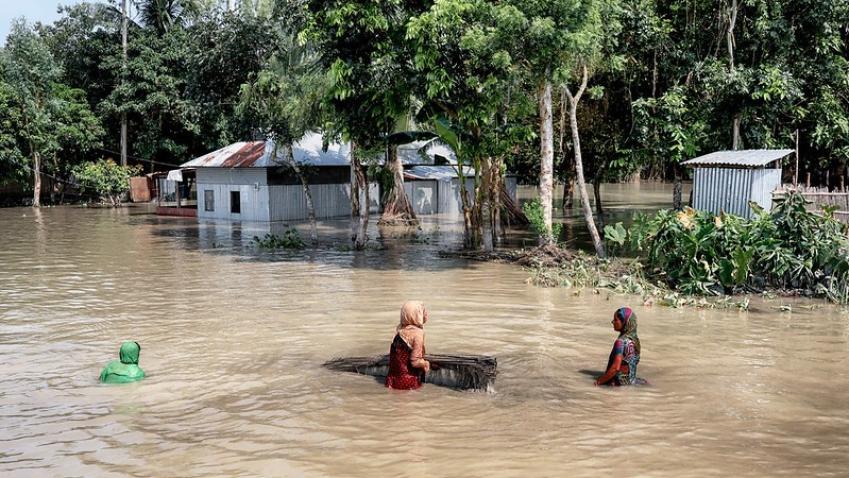
Introduction
The Sustainable Development Agenda is centred on people & planet, underpinned by human rights and supported by a global partnership determined to lift people out of poverty, hunger and disease. It will, thus, be built on a foundation of global cooperation and solidarity.
International Human Solidarity Day is:
- a day to celebrate our unity in diversity;
- a day to remind governments to respect their commitments to international agreements;
- a day to raise public awareness of the importance of solidarity;
- a day to encourage debate on the ways to promote solidarity for the achievement of the Sustainable Development Goals including poverty eradication;
- a day of action to encourage new initiatives for poverty eradication.
Background
Solidarity is identified in the Millennium Declaration as one of the fundamental values of international relations in the 21st Century, wherein those, who either suffer or benefit least deserve help from those who benefit most. Consequently, in the context of globalization and the challenge of growing inequality, strengthening of international solidarity is indispensable.
Therefore, the UN General Assembly, convinced that the promotion of the culture of solidarity and the spirit of sharing is important for combating poverty, proclaimed 20 of December as International Human Solidarity Day.
Through initiatives such as the establishment of the World Solidarity Fund to eradicate poverty and the proclamation of International Human Solidarity Day, the concept of solidarity was promoted as crucial in the fight against poverty and in the involvement of all relevant stakeholders.
The UN and the Concept of Solidarity
The concept of solidarity has defined the work of the United Nations since the birth of the Organization. The creation of the United Nations drew the peoples and nations of the world together to promote peace, human rights and social and economic development. The Organization was founded on the basic premise of unity and harmony among its members, expressed in the concept of collective security that relies on the solidarity of its members to unite “to maintain international peace and security.”
It is in the spirit of solidarity that the Organization relies on “cooperation in solving international problems of an economic, social, cultural or humanitarian character” as well.
The General Assembly, on 22 December 2005, by resolution 60/209 identified solidarity as one of the fundamental and universal values that should underlie relations between peoples in the twenty-first century, and in that regard decided to proclaim 20 December of each year International Human Solidarity Day.
By resolution 57/265 the General Assembly, on 20 December 2002, established the World Solidarity Fund, which was set up in February 2003 as a trust fund of the United Nations Development Programme. Its objective is to eradicate poverty and promote human and social development in developing countries, in particular among the poorest segments of their populations.
 Welcome to the United Nations
Welcome to the United Nations